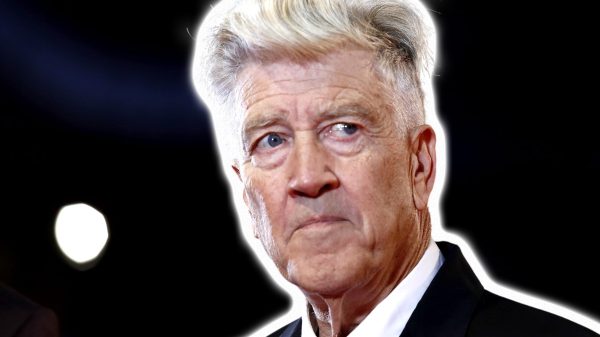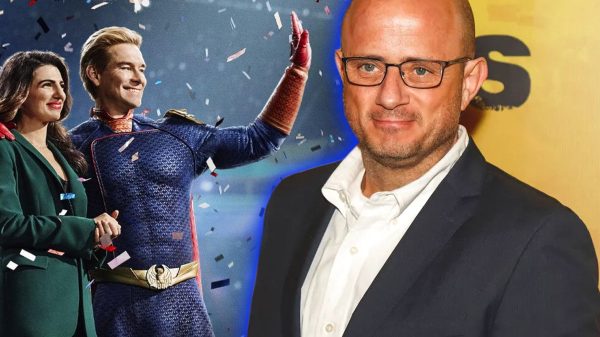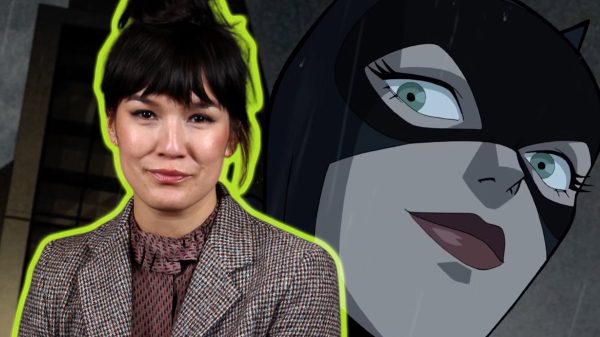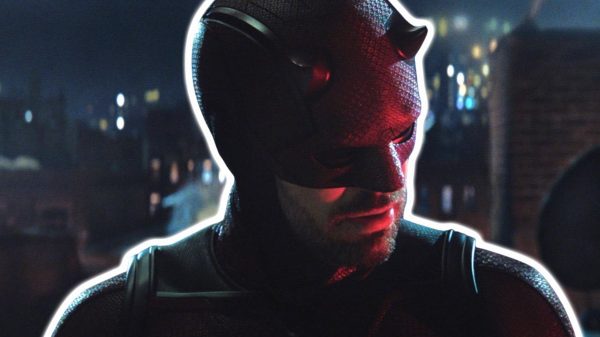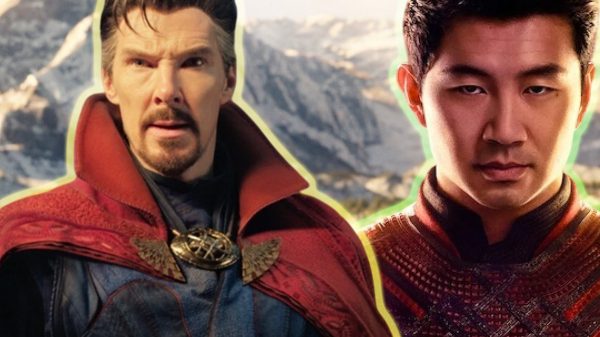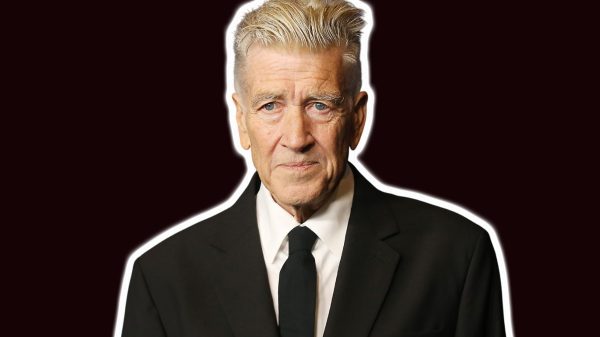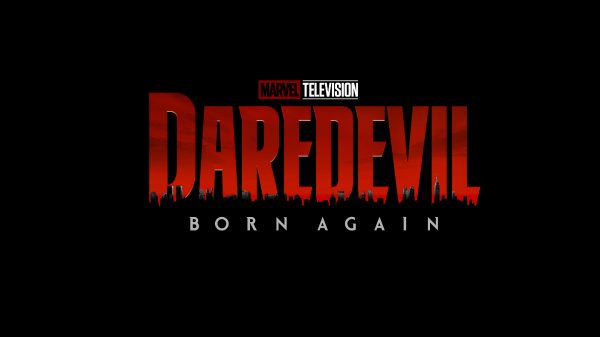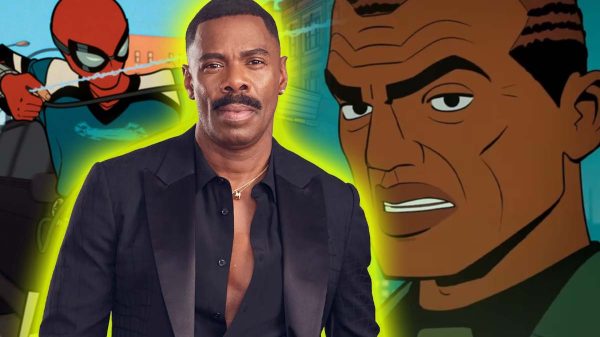The Dallas sequel, which premiered in 2012, sought to revive the iconic television series that originally aired between 1978 and 1991. The show’s return generated excitement among fans, who anticipated the same thrilling drama, juicy plot twists, and larger-than-life characters that had made the original series a cultural phenomenon.
However, the 2012 reboot failed to meet expectations and ultimately was canceled after only three seasons. This article explores three key reasons behind the sequel’s downfall, namely the lack of advertisement, Larry Hagman‘s untimely death, and inconsistency in the storyline.
Lack Of Advertisement
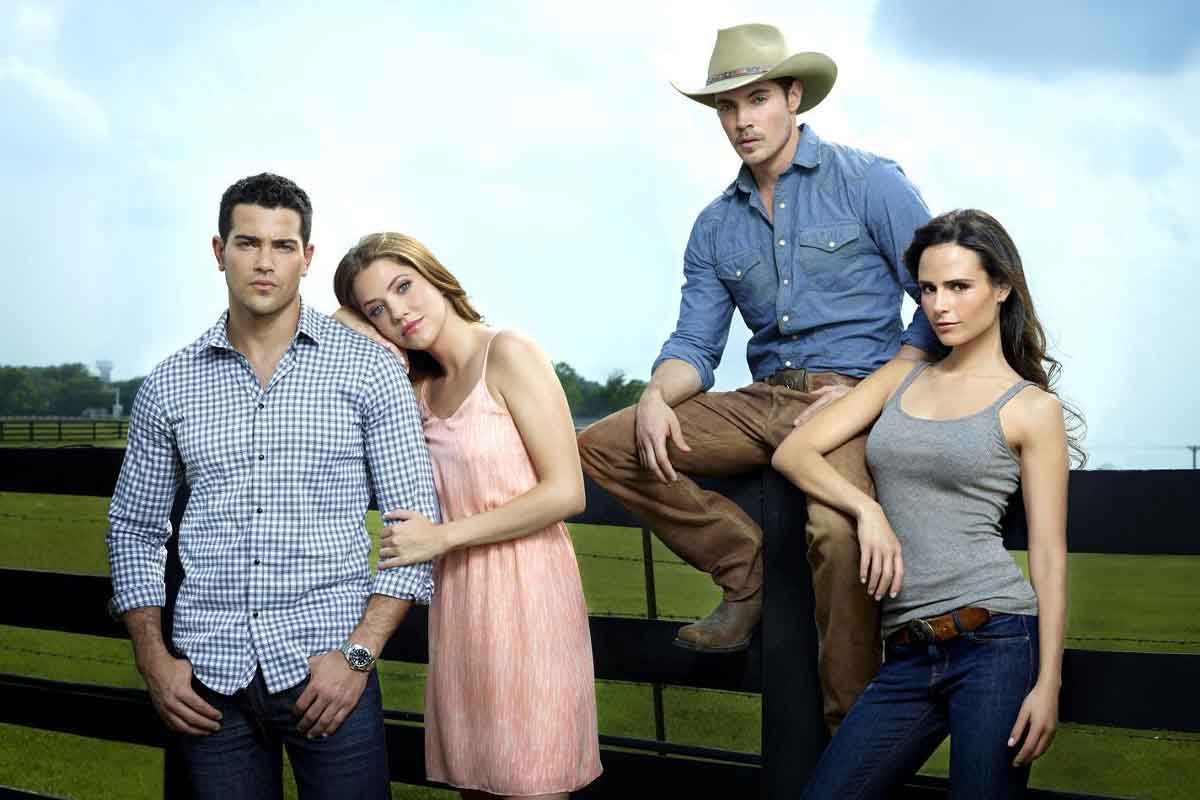
One major reason for the Dallas sequel’s failure was the inadequate job done by the TNT network in promoting the show. With an increasing number of competing television series and streaming platforms, advertising plays a crucial role in garnering viewership and sustaining interest. Unfortunately, TNT failed to give the Dallas sequel the attention and publicity it deserved, making it difficult for the show to reach its target audience effectively.
Moreover, the promotion strategy employed by the network was not sufficient to create the necessary buzz among viewers. A well-executed advertising campaign could have generated more excitement and anticipation for the show, ultimately leading to a larger and more dedicated viewership. Sadly, this missed opportunity to capitalize on the show’s potential significantly contributed to the sequel’s underwhelming performance and eventual cancellation.
Larry Hagman’s Passing

The death of Larry Hagman, who portrayed the iconic character J.R. Ewing, dealt a significant blow to the Dallas sequel. Hagman’s portrayal of the conniving and ruthless oil baron had been a central aspect of the original series, making his character an essential part of the show’s DNA. When the Dallas sequel began, fans were eager to see Hagman reprise his role and continue J.R.’s story.
However, Larry Hagman’s untimely death during the production of the sequel’s second season forced the show’s creators to make substantial changes to the storyline, which inevitably affected the series’ overall quality. The loss of such a pivotal character, coupled with the challenge of finding a fitting way to write him out of the show, proved to be a significant obstacle for the Dallas sequel, ultimately contributing to its failure.
Inconsistency In The Storyline
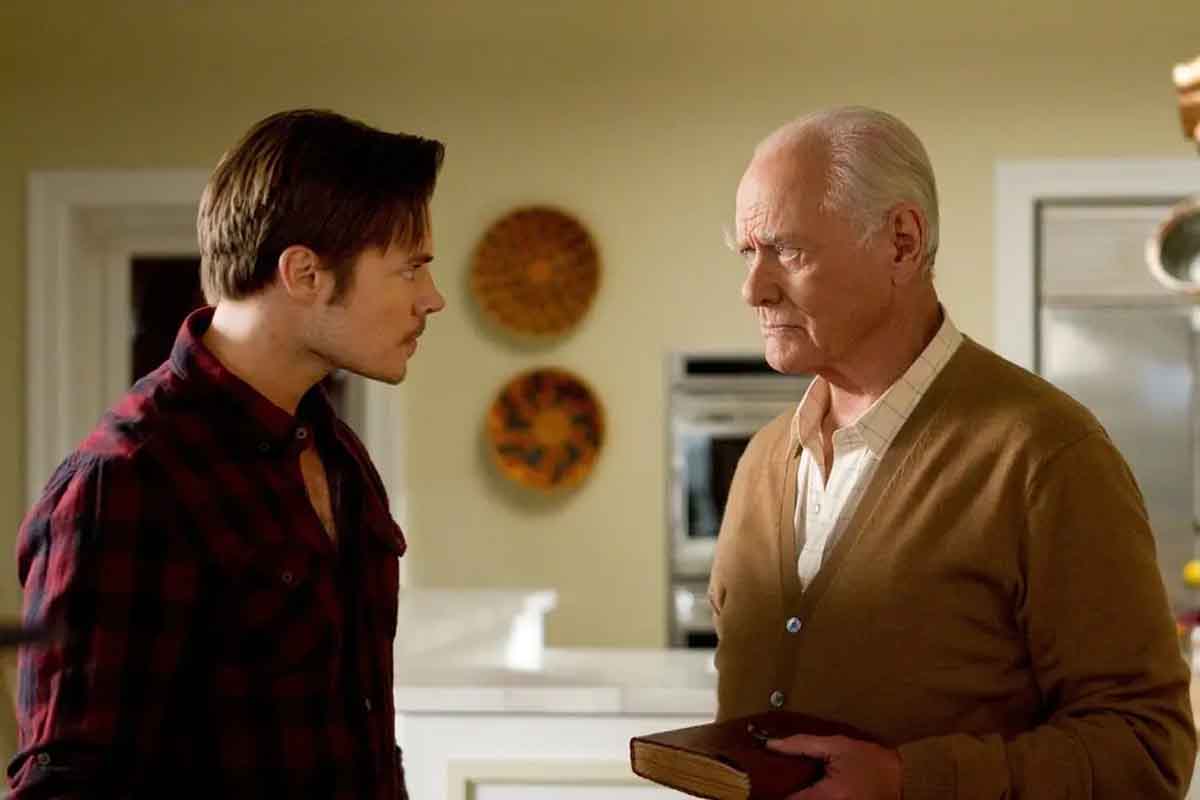
Another reason for the Dallas sequel’s failure was the inconsistency in its storyline and plot. The original series was known for its intricate plots and dramatic twists, which kept viewers engaged and invested in the characters. However, the sequel struggled to maintain this level of storytelling, resulting in a narrative that often felt confusing and disjointed from its forerunner.
The inconsistency in the storyline not only disappointed long-time fans who expected the same level of intrigue and suspense but also alienated potential new viewers who might have been drawn in by a more cohesive and captivating plot. This lack of consistency in the story and characters ultimately played a significant role in the Dallas sequel’s decline in popularity.
It’s Hard To Reanimate A Legacy
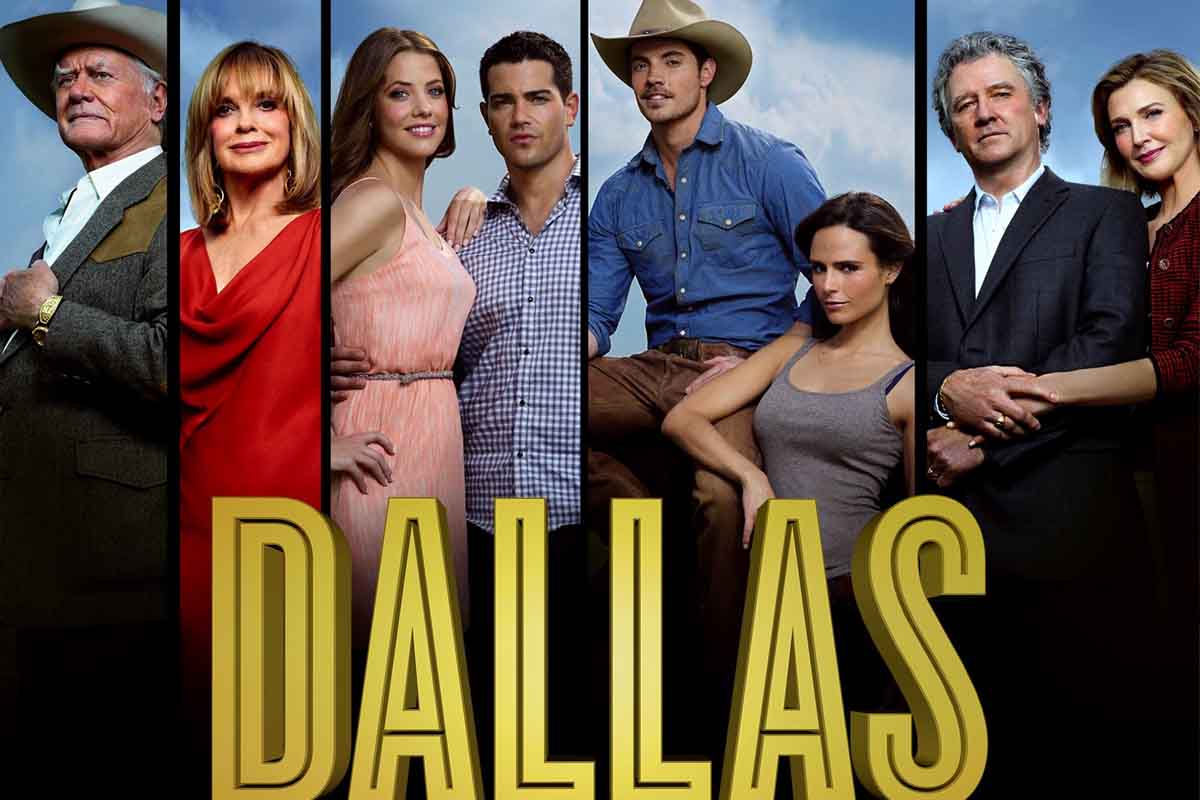
The Dallas sequel failed to live up to its potential and the legacy of the original series due to a combination of factors, including inadequate promotion by TNT, the unfortunate death of Larry Hagman, and inconsistency in the storyline. These issues combined to create a less-than-compelling show that struggled to find and maintain a dedicated viewership. Although the sequel had the potential to be a successful revival of the beloved original, its shortcomings ultimately led to its cancellation after just three seasons.
While it is always challenging to recreate the magic of a classic television series, the Dallas sequel’s failure serves as a reminder of the importance of strong advertising, maintaining continuity with iconic characters, and ensuring a consistent, engaging storyline. Despite the disappointment of the sequel, the original Dallas series will always remain a treasured piece of television history, and its legacy will continue to be cherished by fans, old and new.


